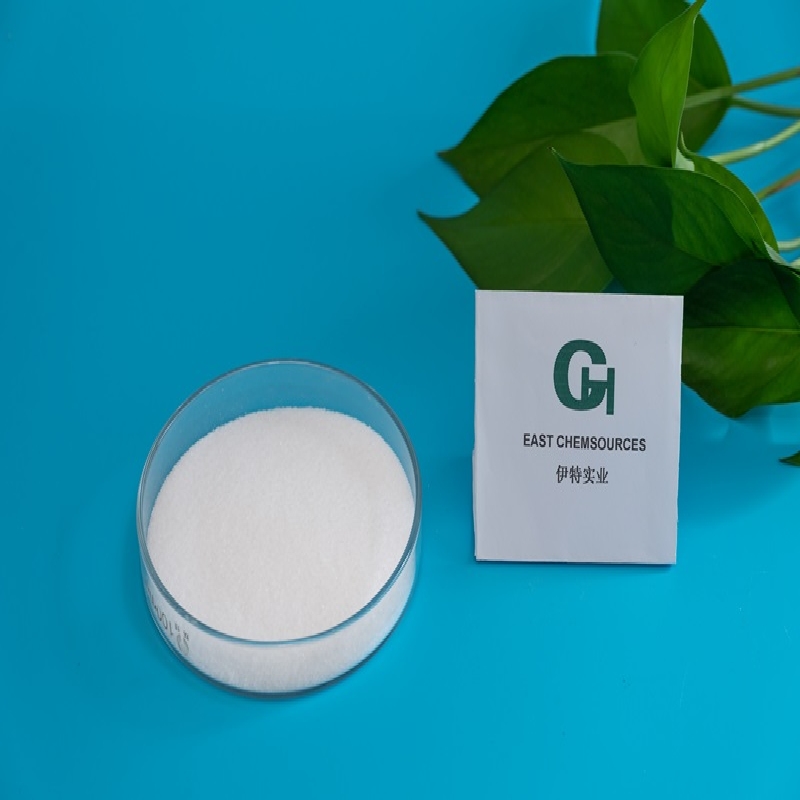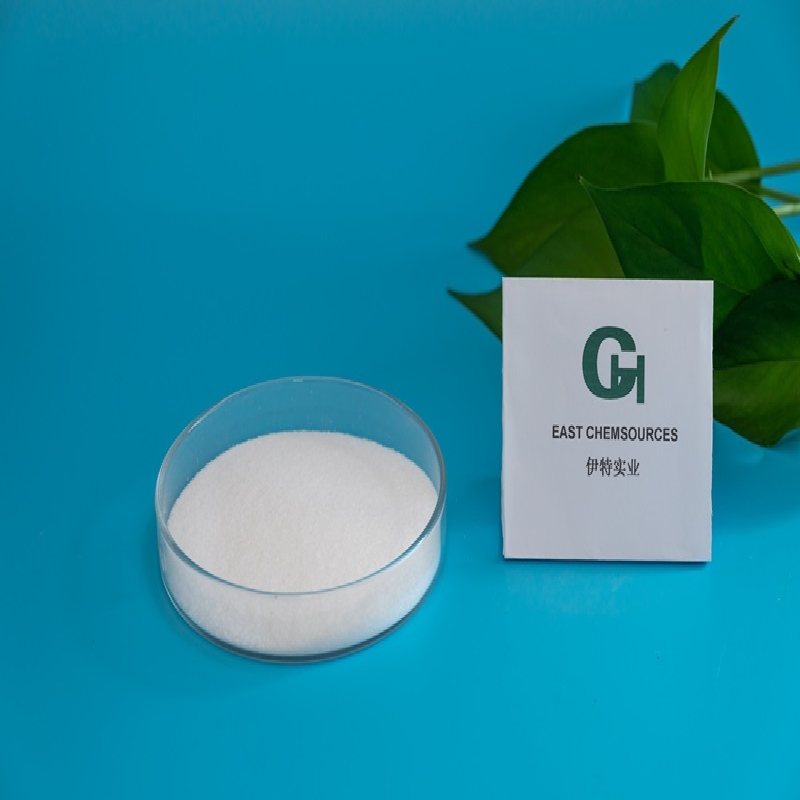-
Categories
-
Pharmaceutical Intermediates
-
Active Pharmaceutical Ingredients
-
Food Additives
- Industrial Coatings
- Agrochemicals
- Dyes and Pigments
- Surfactant
- Flavors and Fragrances
- Chemical Reagents
- Catalyst and Auxiliary
- Natural Products
- Inorganic Chemistry
-
Organic Chemistry
-
Biochemical Engineering
- Analytical Chemistry
- Cosmetic Ingredient
-
Pharmaceutical Intermediates
Promotion
ECHEMI Mall
Wholesale
Weekly Price
Exhibition
News
-
Trade Service
Colorectal cancer (CRC) remains the most common gastrointestinal cancer in the world, and early detection and removal of pre-cancerous pyrobes can prevent subsequent CRC occurrence.
previous studies have shown a negative correlation between long-term continuous aspirin use and CRC risk.
mechanism is thought to be caused by aspirin inhibiting prostatin production and reducing the development of pnea?
therefore, this study aims to explore whether the use of small doses of aspirin through lower gastrointestinal bleeding (LGIB) may lead to colonoscopy and pyridotomy before obvious CRC symptoms.
researchers conducted a historical queue study of all Danish residents who had not been screened by CRC for small doses of aspirin (n s 412202).
each new aspirin user is matched to three non-users (n s 1236 560) according to age, gender and area of residence.
the absolute risk (ARs), LGIBs, endoscopy of the lower digestive tract, the relative risk and relative risk (RR) between aspirin users and non-users were then calculated.
final statistical analysis is carried out.
study found that newly used aspirin patients had higher ARs for lower gastrointestinal bleeding than non-users, but had lower rates of gastrointestinal endoscopy, colorectal pyma and CRC.
LGIB RR for newly used aspirin patients was 2.79 (95% CI 2.40 to 3.24), RR for lower digestive endoscopy was 1.73 (95% CI 1.63 to 1.84) and RR for colorectal pneumograms was 1.56 (95% CI 1.42 to 1.77).
RR used aspirin for more than 12 months continued to rise, with the exception of CRC, where RR decreased slightly over a period of 3-5 years (RR 0.90, 95% CI 0.83 to 0.98).
the findings of this study suggest that aspirin may reduce the risk of CRC by causing pre-wicked pyridgic bleeding, further reducing the risk of cancer by speeding up colonoscopy and pyridrology prior to CRC.







